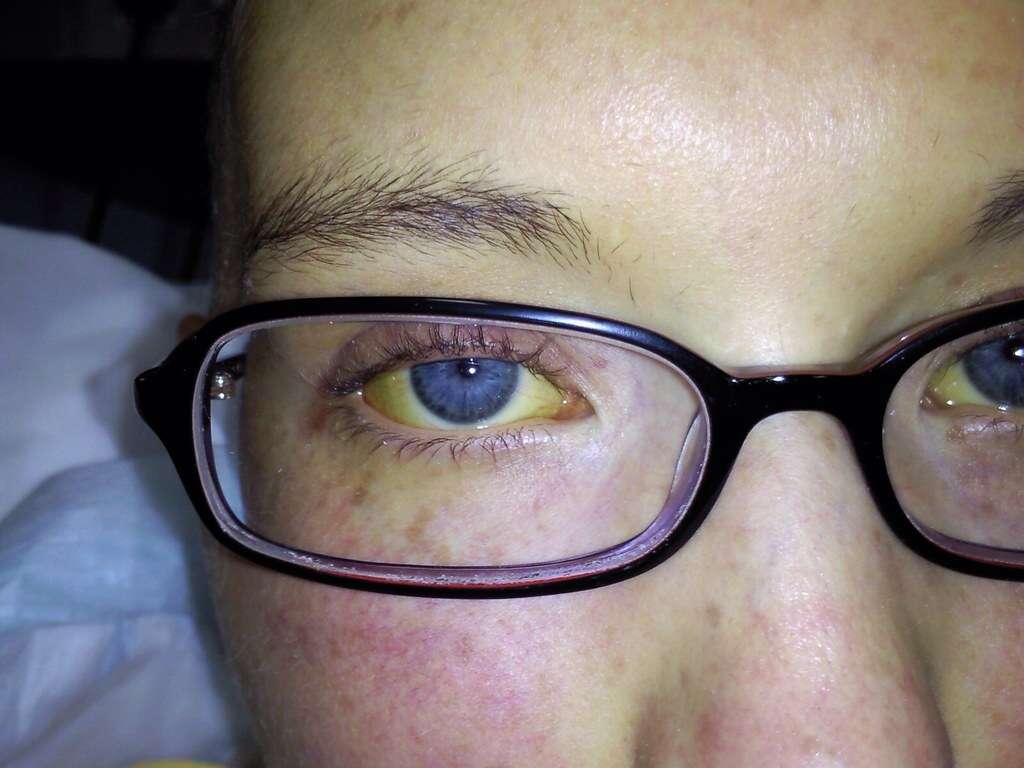10 Signs of Alcoholism
Alcohol is one of the most commonly used drugs on the planet. It is popular throughout much of the world and is even set deep into many traditions and customs. Adults young and old enjoy it, as do people from a wide range of diverse backgrounds. Although alcohol can be a lot of fun and even beneficial in numerous ways, it also, unfortunately, has a very dark side as alcohol is an addictive substance.
While most people don’t get addicted, it can have a very tight grip on those that do. Addiction to alcohol can cause the patient to lose control over their lives. Jobs, friends, and even family can be lost. It also causes potentially severe health problems. Overcoming alcohol addiction can be extremely difficult. One of the first steps is recognizing there is a problem.
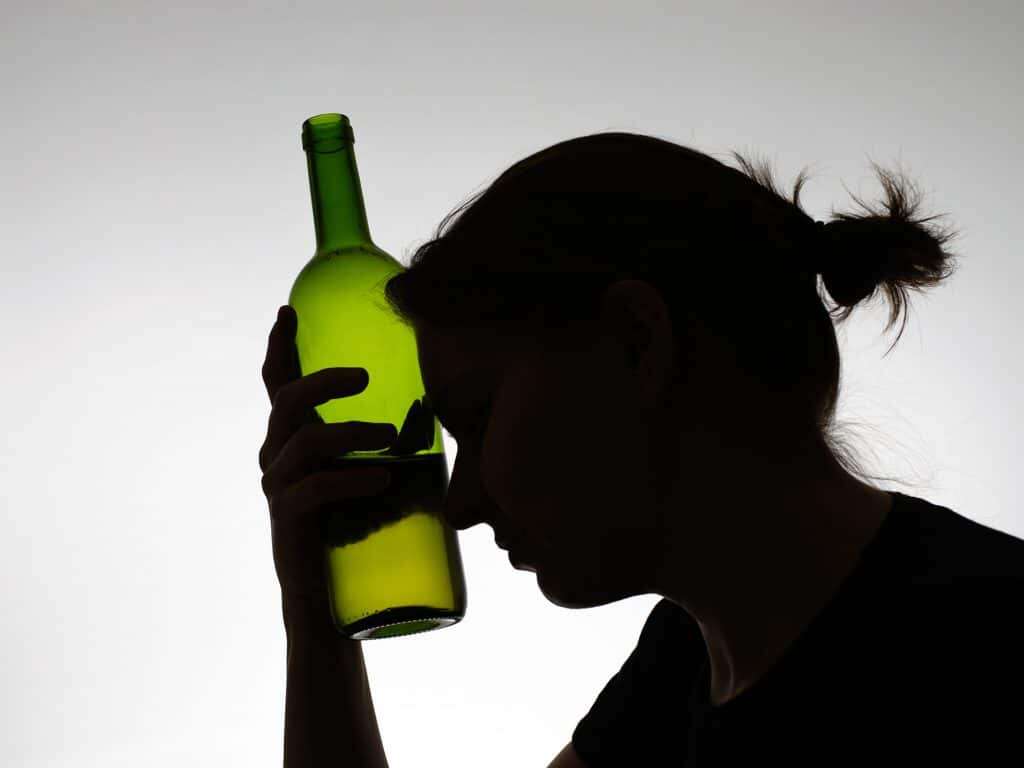
Alcoholism Sign #1: Can’t Quit
It is not uncommon for us to drink too much. This is particularly the case during certain times of the year, while young people are also likely to drink often. While it is OK to drink in excess from time to time, it is not OK to do so for extended periods. Every now and then, there may come a time where you need to give your body a break.
This means stopping drinking or at least cutting down. This shouldn’t usually be too difficult, requiring little more than some willpower. If you are having difficulty stopping or even cutting down, though, then it could be that you have a problem.

Alcoholism Sign #2: Trembling Hands
Alcohol has a verity of effects on our body. It has a range of effects on the brain and this tends to affect our coordination, among other things. This is usually only temporary, though, and we will find that our coordination returns to normal in a day or two. Drink too much regularly, though, and the side effects can be more permanent.
Excess alcohol consumption can cause nerve damage. This will likely result in the patient suffering from hands that tremble uncontrollably. Nerve damage has the potential to be dangerous and should be taken very seriously. Patients may also experience this same symptom should they be physically dependent and not have alcohol in the body.

Alcoholism Sign #3: Early Drinking
We might occasionally feel like having a drink early in the day, even in the mornings. This is especially the case at times like Christmas or when we are on holiday. Doing so occasionally won’t necessarily do you too much harm, but doing so regularly can be an indicator that you have developed a drinking problem.
If you are drinking in the mornings because you feel as though you need a drink to get through the day then this is not a good sign. Not only is it a sign of a long-term problem, but it can also cause problems in the short term. You will likely have responsibilities such as going to work, looking after the kids, and even driving, and drinking early will not help in this regard.

Alcoholism Sign #4: Blackouts
Drinking to excess has the potential to be quite dangerous in the wrong circumstances. It can impair our judgment and affect our coordination to the extent where we become vulnerable. If you drink enough, you could also find that you don’t remember what happened the night before.
Blacking out is a symptom of having drunk far too much. This can cause problems in the short term and it can also cause serious problems in the long term, with brain damage a real possibility. If you are finding that you are experiencing frequent blackouts, it is time you considered seeking professional help.
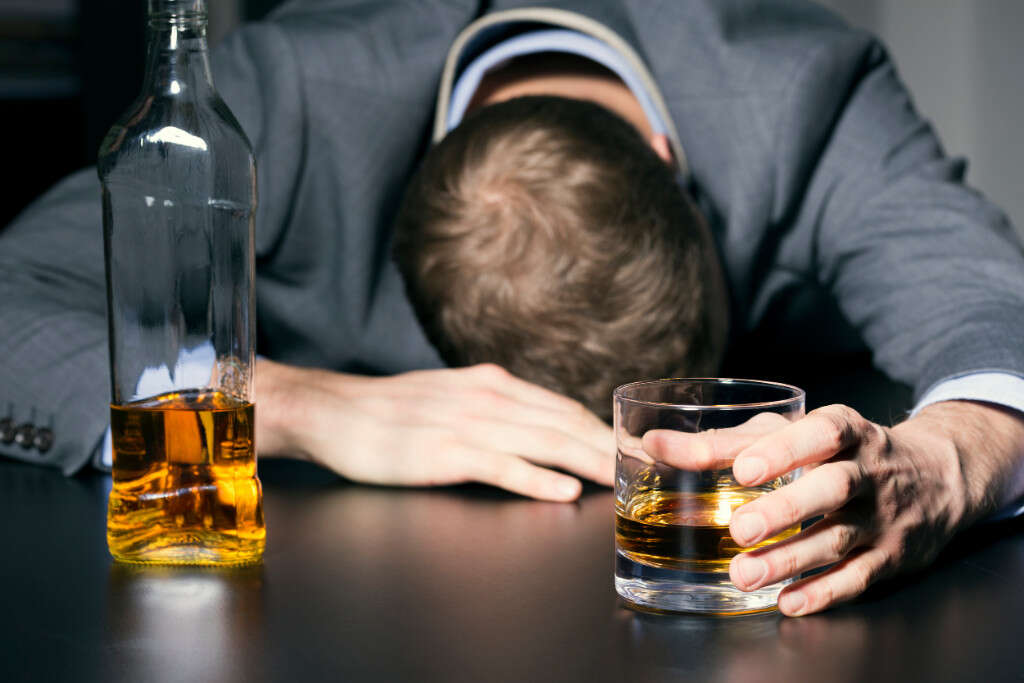
Alcoholism Sign #5: Drinking to Fit In
Alcohol helps us to lose our inhibitions and come out of our shell. This can be very useful in social settings as it encourages us to be more outgoing and have more fun. Indeed, many people will go out together with the intention of having a drink. This is OK, but things may be wrong if you feel you must have a drink in social situations.
Many people will use alcohol to try and cover up insecurities and other issues. This is potentially dangerous as it can lead to a system of long-term abuse. It can also increase the amount of alcohol that you consume, particularly for people that socialize a lot.

Alcoholism Sign #6: Anxiety without Alcohol
Symptoms like anxiety, nausea, and insomnia are commonly associated with drinking. Pretty much anybody that has drunk too much the night before will experience some quite unpleasant symptoms. These are all just part of the dreaded hangover and it is generally just accepted as a part of drinking.
A hangover will only usually last a day, though. Maybe two depending on just how much you have been drinking. If these symptoms persist once the alcohol has left the body, it could be a sign that you are forming a physical dependency on it. There is a good chance that you will need professional assistance if you have reached this stage.

Alcoholism Sign #7: Secret Drinking
There’s nothing wrong with drinking per se. There is obviously a need to be careful of how much you drink and how often, but there is no shame in having a drink from time to time. There is usually no need to hide it from anybody or to lie about your drinking habits. If you do find yourself lying about it, though, then there’s probably something wrong.
If you need to hide the details of your drinking because you think you’re drinking too much, then you probably are. Many people that drink in secret are already aware deep down that they have a problem. They just haven’t yet got to the point where they acknowledge that they need to do something about it.
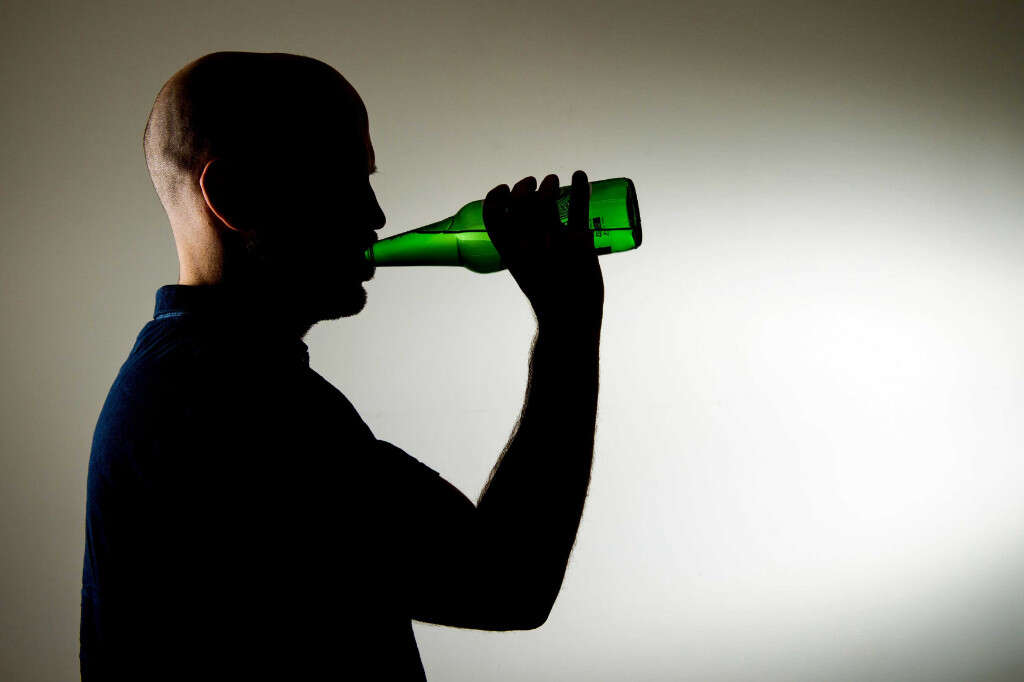
Alcoholism Sign #8: Red Face
It is not uncommon for us to go red in the face when we have drunk too much. This is often down to an increase in blood pressure, although that is not the only reason. It is usually only temporary and our appearance is usually back to normal the following day. If the symptoms become permanent, though, then you have a problem.
Excess alcohol can cause the capillaries to become broken, causing a permanent red flush. This is commonly encountered in the nose and cheeks and is a tell-tale sign that somebody has a drinking problem. The damage being done is permanent, and it can be severe, so professional help should be sought as soon as possible.
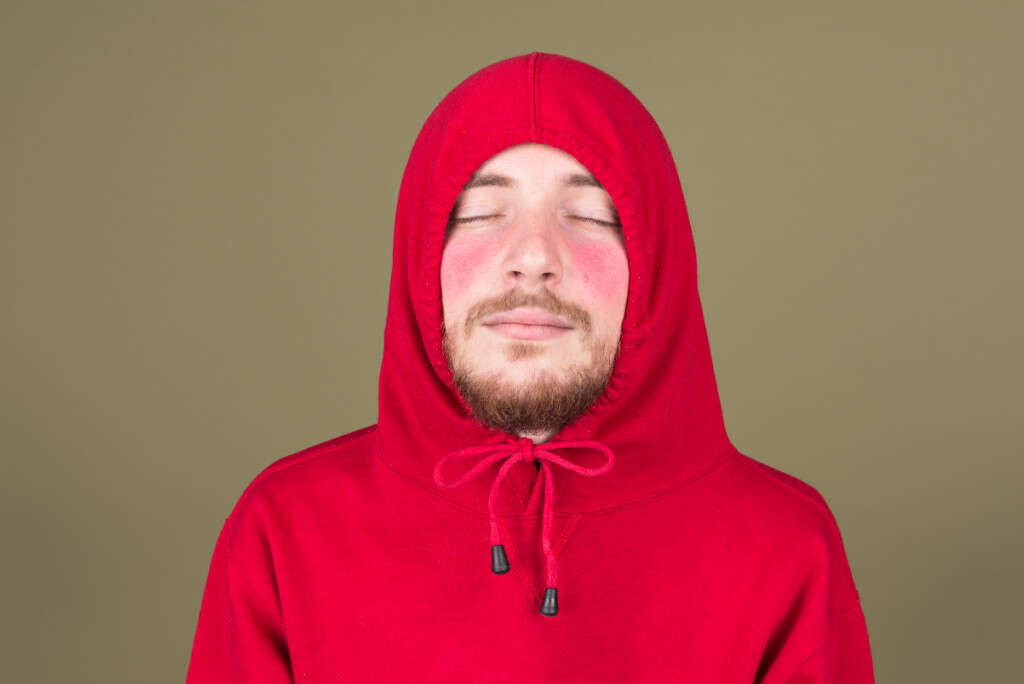
Alcoholism Sign #9: Drinking to Improve Mood
Alcohol helps us to relax and helps us lower our inhibitions, encouraging us to have a good time. This helps to improve our mood, which is often welcome after a rough week at work. It is particularly useful during social occasions and a good drink can help us to have a good time with other people.
We all feel down a little from time to time and a drink will often make us feel better. If you are feeling down in general, though, and you are using alcohol as a crutch, then you could well have a problem. Excess alcohol can also cause you to become depressed when sober, potentially creating a vicious circle.

Alcoholism Sign #10: Relationship Problems
In some ways, alcohol is good for helping to build relationships. It helps people to come out of their shells, encouraging them to speak with people they might otherwise not speak with. It can even help partners and close friends have some memorable times together, helping to strengthen bonds. Unfortunately, though, the reverse can also be true.
Alcohol abuse can put a great deal of strain on relationships. People that are counting on you can be let down and this can make it difficult for them to trust you. It can also lead to financial and professional problems, which will further exasperate the problem. It is common not only for the patient to suffer but also those around them.










